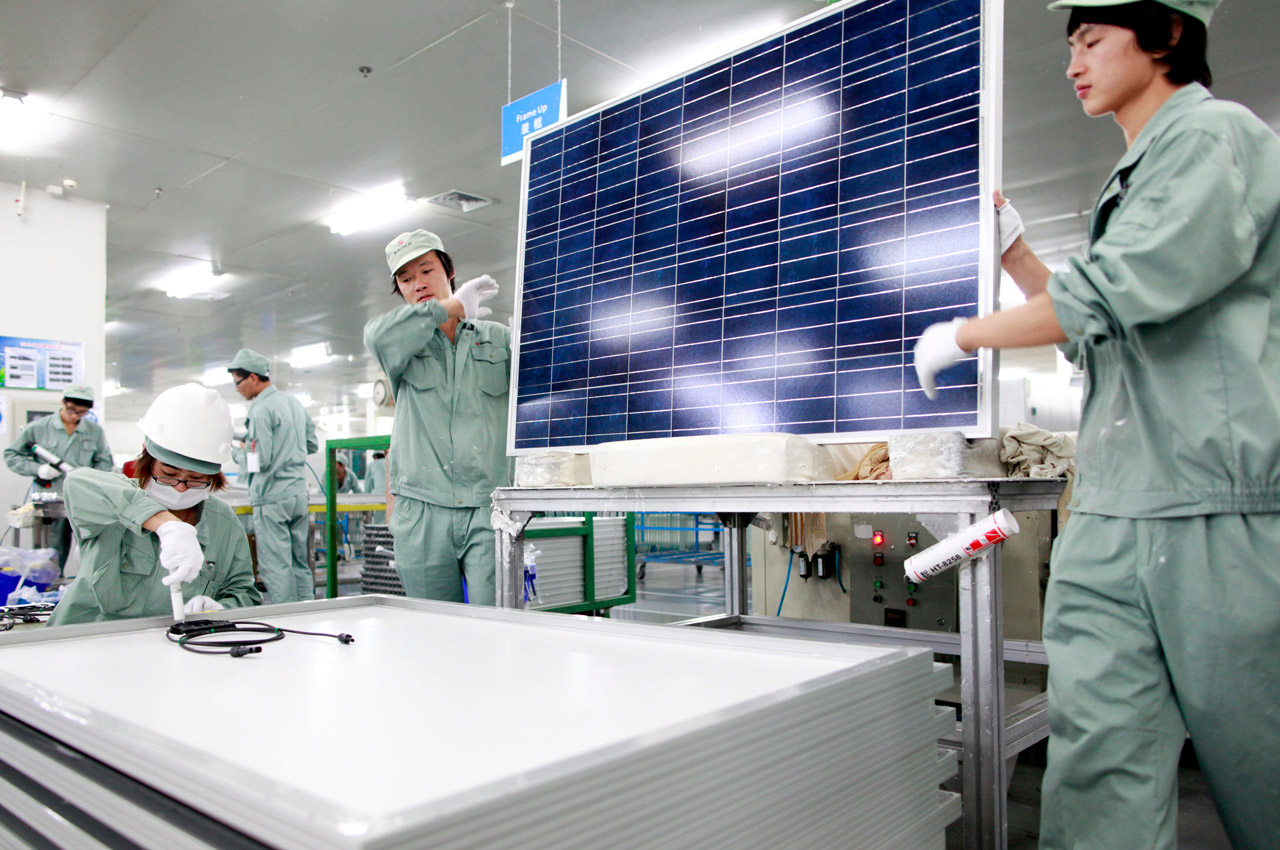In the escalating trade tensions between the United States and China, Beijing has signaled its readiness to retaliate against the recent imposition of trade barriers by its American counterpart. This move underscores the deepening strain between the world’s two largest economies, fraught with implications for global trade dynamics.
On Sunday, China’s Ministry of Commerce announced the initiation of an anti-dumping investigation into polyoxymethylene (POM) copolymers, a crucial thermoplastic utilized across diverse sectors including automotive, electronics, and manufacturing. The probe encompasses imports from the United States, the European Union, Taiwan, and Japan.
POM copolymers, characterized by their malleability under heat and solidification upon cooling, serve as versatile substitutes for traditional metals like copper and zinc. The investigation, anticipated to span a year with a possible extension of six months, underscores China’s strategic response to perceived trade injustices.
This move comes in the wake of President Joe Biden’s declaration to significantly heighten tariffs on a spectrum of Chinese imports, including electric vehicles (EVs) valued at $18 billion, over the ensuing two years. Notably, tariffs on Chinese EV imports are set to surge from 27.5% to a staggering 100%, in a strategic maneuver aimed at challenging Beijing’s alleged manipulation of domestic EV prices while imposing hefty tariffs on American auto imports.
The Biden administration, framing these measures as safeguards for American workers and businesses, accuses China of distorting global markets through the deliberate undercutting of export prices. This tariff escalation, part of a broader strategy to address what Washington perceives as China’s unfair trade practices, underscores the deepening rift in bilateral relations.
In response to Washington’s actions, China has issued resolute assurances of defending its “legitimate rights” through “all necessary actions.” Concurrently, the European Union is also probing state subsidies extended to Chinese EV manufacturers. Should findings reveal artificially suppressed prices, the EU has indicated plans to impose additional import duties by early July.
The simultaneous scrutiny from both the United States and the European Union underscores a broader international effort to hold China accountable for its trade practices. As tensions continue to mount, the global economic landscape braces for further reverberations from this intensifying standoff between economic giants.







